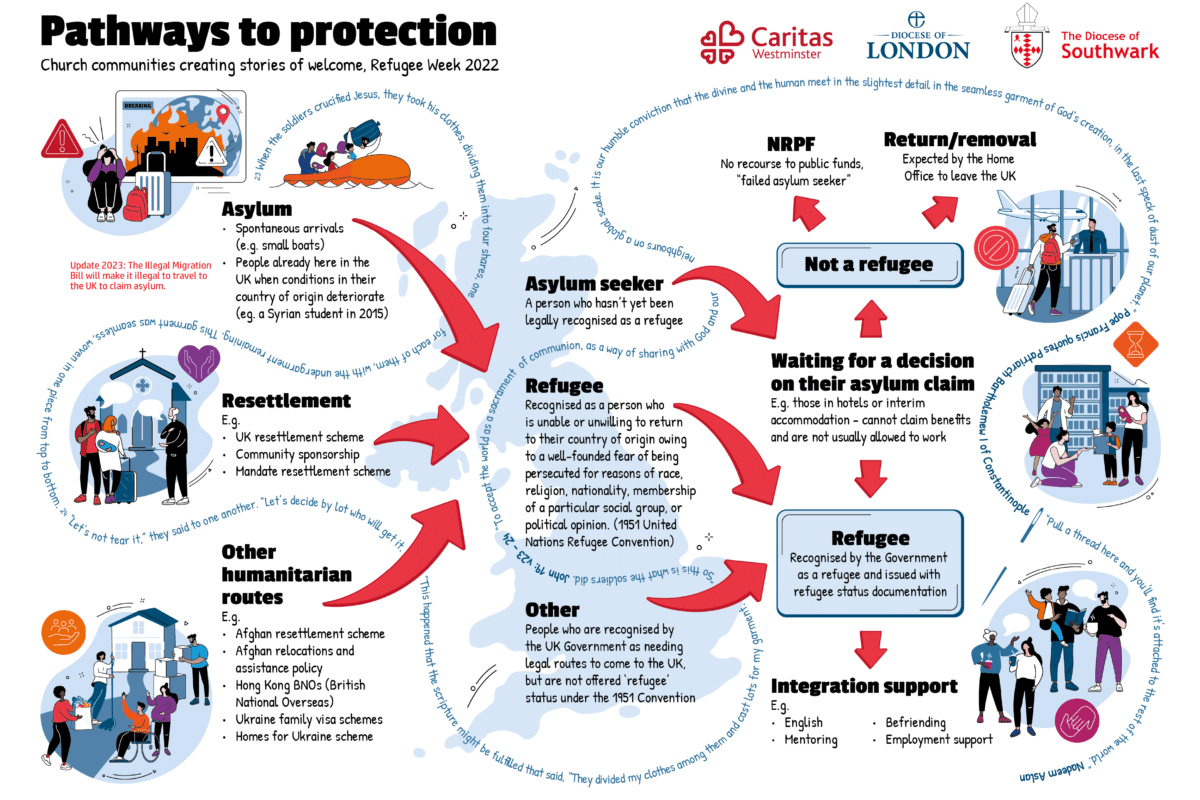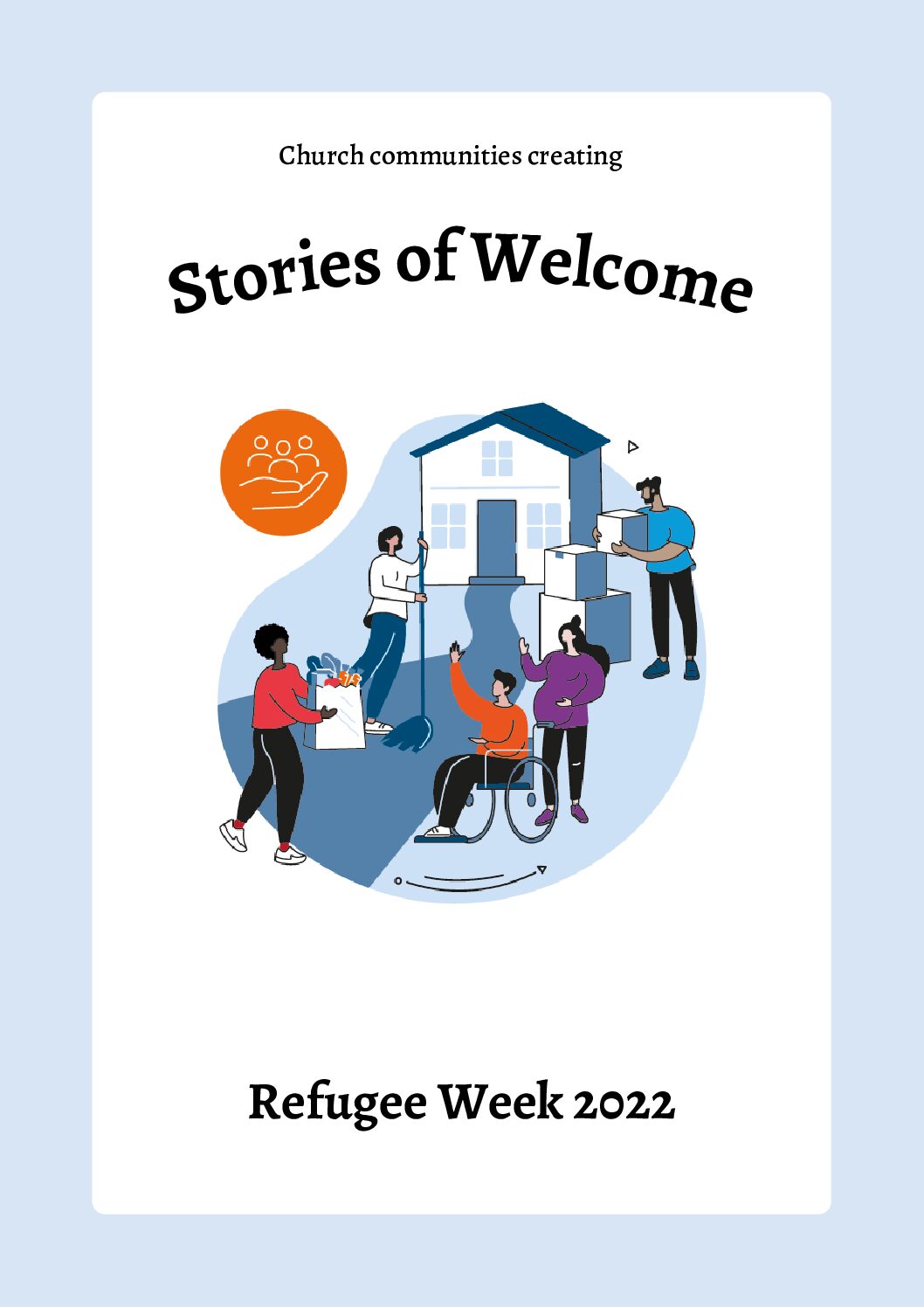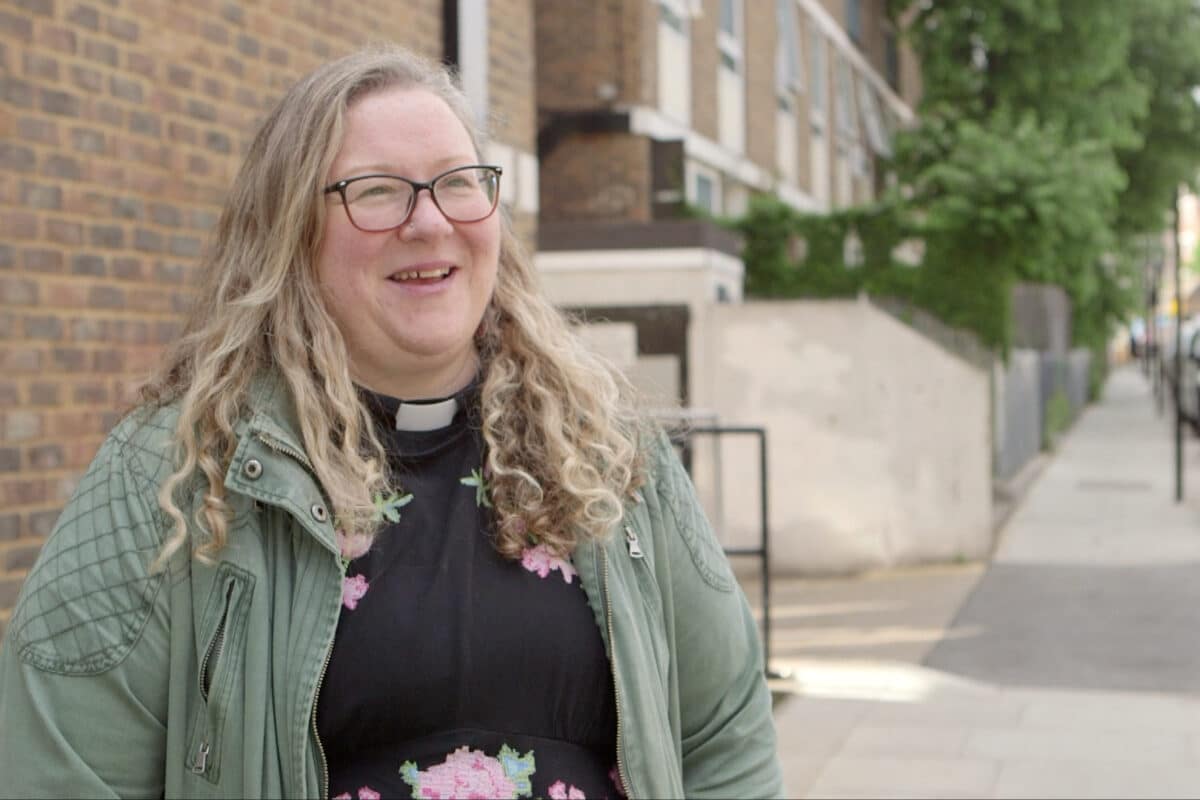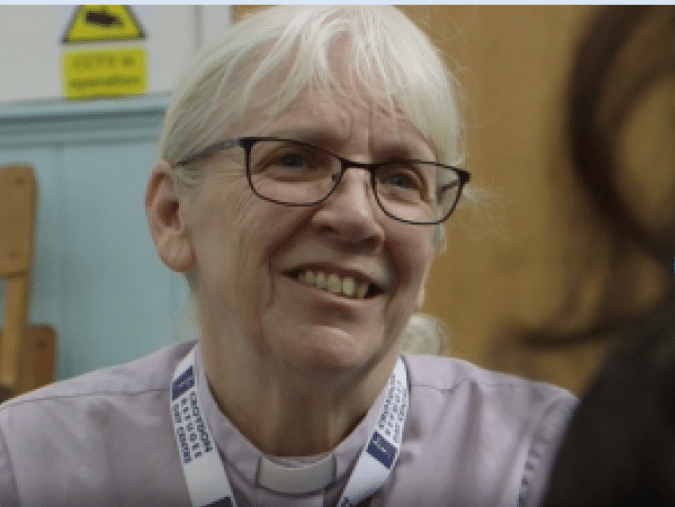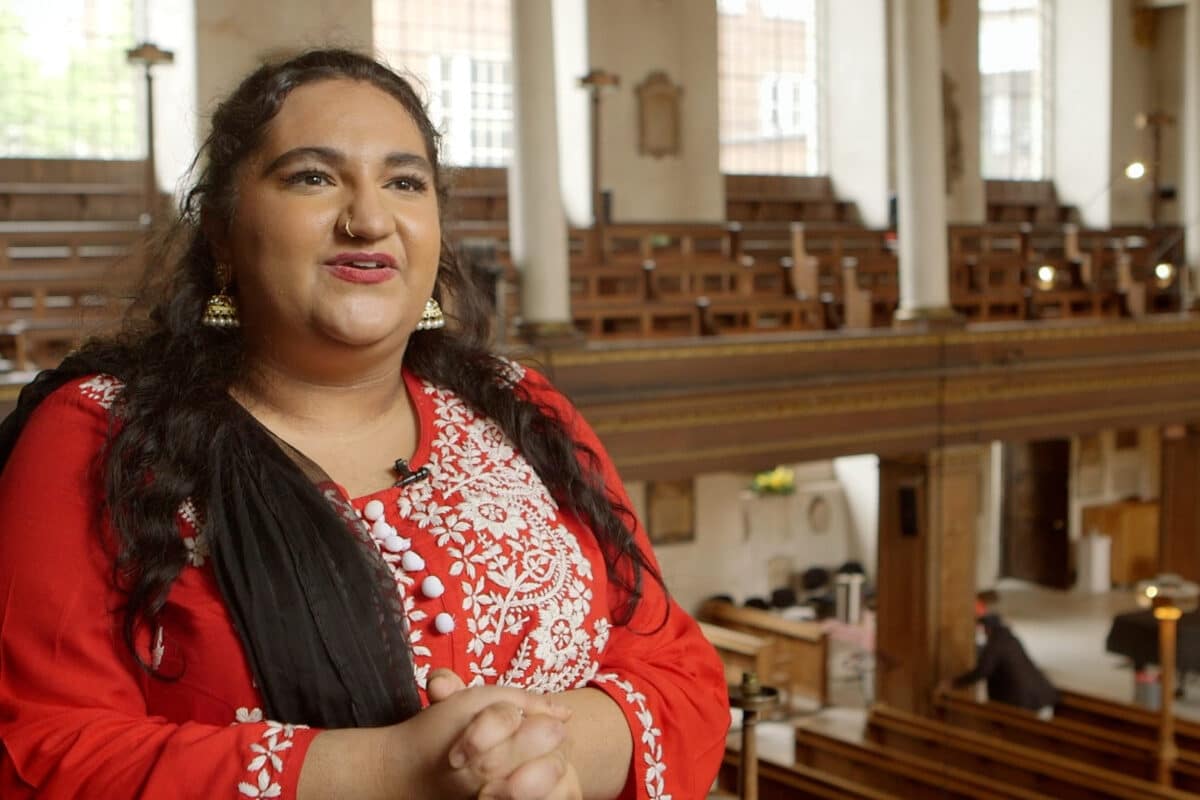Are you journeying with someone in your congregation or community who is seeking asylum? If so, you can find some answers to common questions here.
Where can I find information about the asylum system in the UK?
The toolkit on The Right to Remain Website is a recommended resource for non-legal professionals who are supporting people through the UK asylum and immigration system. It is a very helpful resource to understand the process of claiming asylum.
The Refugee Council website also provides information and guidance for refugees and those supporting them.
This infographic, produced by the Compassionate Communities team for Refugee Week 2022 helps us understand current UK resettlement pathways, and how our church communities are supporting refugees, migrants and asylum seekers within this system.
In what different ways are churches supporting those in the asylum system?
The Dioceses of London and Southwark, and Caritas Westminster worked together to collect and tell the stories of our church communities welcoming asylum seekers.
Find below our Stories of Welcome told through film, and in a pdf brochure.
Stories of Welcome Videos
Where can I find information about what asylum support a person is entitled to?
The Asylum Support Appeals Project (ASAP) has a number of helpful factsheets on the different types of support available to those in the asylum system.
- Section 95: the support available to people whose claims for asylum are ongoing.
- Section 98: Temporary support while waiting for Section 95 support.
- Asylum support for dependants.
- Section 4: the support for refused asylum-seekers – those who have come to the end of the asylum process, been refused asylum and exhausted their appeal rights.
How do I write a letter of support in an asylum case?
Clergy or a lay person may be asked to write a letter of support in someone’s asylum claim. It is important to consider whether you have developed a strong enough relationship with the person for the purpose of writing a support letter. It is also important to establish the purpose of the requested letter.
You can find some helpful general tips for writing a letter of support on The Right To Remain Website.
It may be in order to support their claim to have Christian Faith which may be a reason why they cannot return to their home country. Alternatively, they may not be facing persecution on return to their country because of their faith, but they may want to show their involvement in UK community through their church. This therefore would change the emphasis of the letter. Before you write a letter of support, it’s important to find out exactly what the purpose of it is.
You can do this in the following ways;
- If they have a lawyer, you can ask them to advise as to the purpose of the letter. You will probably need the person you are supporting there when you do that, to give the lawyer permission to speak to you.
- If they don’t have a lawyer, the person you are supporting may have copies of the relevant papers to their case. If they give you consent to access these papers, it can give you an overview of their claim to date, and may be useful in drafting any letter of support. It is important to agree with the person who has asked you to write the letter what purpose the letter should serve.
Where the purpose of the letter is to support a person’s claim to Christian Faith, written evidence from a pastor/church leader is important.
If someone else in the church knows the person better than the leader, there could be two letters submitted but the church leader’s evidence will always carry more weight.
If the letters/statements are for an appeal hearing at the tribunal, they will carry much more weight if the church leader can attend the Tribunal. Where the person has a lawyer, they will be able to advise you on this.
In your letter, you need to include why you believe that they are a Christian, as well as their frequency of church attendance, and how long they have been attending. If you can rely on conversations you or others have had with them; talk about any change of behaviour since they converted, which leads you to believe that their faith is genuine. Knowledge of the Bible and of church traditions are often the way the Home Office checks if someone is a Christian. There are a number of reasons why someone may not do well on these type of questions, yet for reasons you can describe, you can explain why you are satisfied they are a Christian.
It can be helpful to read the Home Office Refusal Letter, the Home Office interview or previous appeal determinations to understand why they have not been believed. There will be questions designed to establish the person’s faith. There may be misunderstandings or issues of translation of Christian terminology which, as Clergy you have the knowledge and authority to comment on. The letter should be detailed, written on headed paper, dated and signed.
You should avoid commenting on home country situations or other aspects of the case if don’t have expertise, stick to your area of expertise; it will give more credibility to your letter.
An aspect to someone’s asylum claim may require their demonstrating a connection to the UK and its community. If you can work with the person you are supporting to gather this evidence, it can speed up the preparation of the case, save legal costs or do things that a legal aid lawyer cannot get funding for. What you can do;
- Support the person to gather evidence of social, cultural, and educational connections to the UK – current/former teachers, foster carers, school friends, teachers, social workers, counsellors, community groups. You can help them to identify the most suitable people to contact in their situation. Obtain a signed and dated letter from each person with as much detail as possible about how they know the person you are supporting, and anything that demonstrates they have formed relationships, responsibilities, and connections in the UK.
- Support the person to gather evidence about the nature of relationships with family in the UK, particularly those with leave to remain in the UK or their own children whether they live with them or not. Obtain a signed and dated letter from these people. If they have children in the UK, obtain letters from people who can comment on their relationship with their child, e.g. how often they see each other, what they do when they meet, the person you are supporting’s feelings towards the child.
- Take advice from the person you are supporting’s lawyer about whether it may be helpful for some of these people to attend the appeal hearing at the Tribunal. Generally, the more support at Tribunal the better and letters of support will hold a lot more weight if the person attends the Tribunal as well.
How can our church support asylum seekers who are placed in local hotels?
Offering Welcome Boxes
A number of our London churches partner with the organisation Welcome Churches to offer Welcome Boxes. These boxes are offered to newly arrived asylum seekers, as a way of letting them know that the church cares about them. The boxes are personalised for each person and can include practical items like t shirts, pyjamas, nice toiletries, plus toys and books for children, as well as things like chocolates, candles, or a handwritten note. It’s a very practical way of showing the love of Jesus.
Tips on supporting asylum seekers in hotels
If you are considering supporting any asylum seekers in hotels in your parish or borough, we have compiled a document with tips and suggestions, which you can download below.
If you’d like more support, or to find out if there is a local group you can connect with, please do get in touch with the Compassionate Communities Team.

